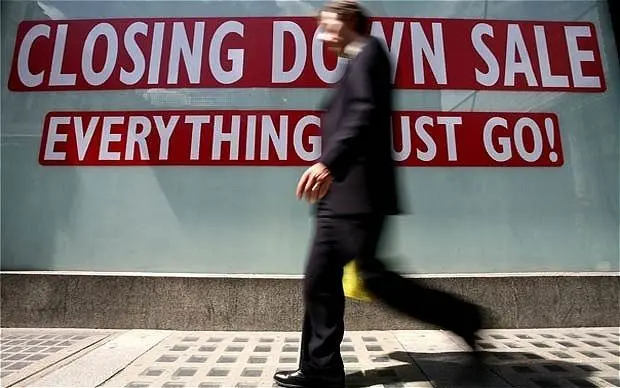Thousands more emergency loans have been issued to small companies, with banks handing out £1.12 billion under the state-backed funding programme.
Lenders have now granted 6,000 loans — more than doubling last week’s figure — as hundreds of thousands of companies seek urgent support to carry them through the Covid-19 crisis.
Hundreds of applications were approved over Easter weekend. Lending under the scheme increased by £700 million over the past seven days, according to UK Finance, which represents leading banks and institutions.
Many companies are still seeking funding. Although the industry reported this morning that 28,460 formal applications had been lodged, it has been estimated that banks and lenders have received 300,000 inquiries.
Rishi Sunak, the chancellor, said that it was “vital” that banks continued to oversee this “upward trajectory” and approve more applications for support.
“Getting finance to businesses is a key part of our plan to support jobs and the economy during this crisis,” he said, “and we’re working with lenders to ensure support reaches those in need as soon as physically possible.”
Mr Sunak said yesterday evening that he would pressure bank chief executives to improve the pace of lending.
The coronavirus business interruption loans scheme – which sees the state underwrite 80 per cent of the risk of individual bank loans of up to £5 million – was first announced by Mr Sunak a little over a month ago.
The guarantee is designed to encourage banks to lend and does not benefit the borrower, who remains liable for the entire debt.
The scheme has been hit by myriad issues. Companies report that lenders do not have sufficient resources to handle the volume of applications. Some banks are now only taking inquiries from their existing customers.
Ed Miliband, Labour’s shadow business secretary, argued that the data demonstrated that the scheme was “simply not working well enough”. He demanded that the state start underwriting 100 per cent of the risk of individual bank loans for small companies, tweeting: “Businesses cannot afford government to wait any longer.”
Staff absences and the closure of call centres has hindered banks’ ability to process applications and experts have given warning that loans could take weeks or even months to process.
Loans worth more than £250,000 will generally require a personal guarantee from directors, meaning that they could be at risk of personal bankruptcy if their business cannot repay the debt, dissuading some because they do not know when trade will recommence.
An outcry from prospective borrowers prompted the government to ban the use of personal guarantees on loans of less than £250,000 made via the scheme, but this has reduced the appetite for the scheme among some lenders.
Royal Bank of Scotland, the state-controlled bank, released figures to The Sunday Telegraph this weekend which indicated that it was behind about 70 per cent of the first few thousand loans issued.
Last week government officials overseeing the initiative widened the pool of participating lenders, adding the Co-operative Bank, Cynergy Bank, Oak North and Starling to the mix.
UK Finance said that the industry recognised that it must play a “critical role” in assisting companies. Stephen Jones, chief executive, said: “Frontline staff in local branches and call centres are working incredibly hard to help firms access finance as quickly as possible amid unprecedented demand. Like all businesses they are working at reduced capacity as many staff are self-isolating or looking after family.
“I am grateful that so many colleagues worked through the bank holiday so that over one billion pounds of support has now been delivered to businesses. We expect this figure to continue to grow rapidly as lenders work hard to help get Britain through the current crisis.”
Speaking about the announcement Salman Haqqi, personal finance expert at money.co.uk said: “The delays to accessing the government-backed funding means that many small businesses, which rely on immediate cash flow, have struggled to stay afloat. Small businesses, retailers and sole traders need access to funds, and fast.
“However, confusion remains around which businesses are eligible for which types of loans, and how much money they will ultimately receive. Business owners must look at what support they can expect to receive through the government scheme, but also check what their bank is doing to support small business, especially around the interest rates they are charging for money as the banks are able to borrow from the government for close to 0%.”


